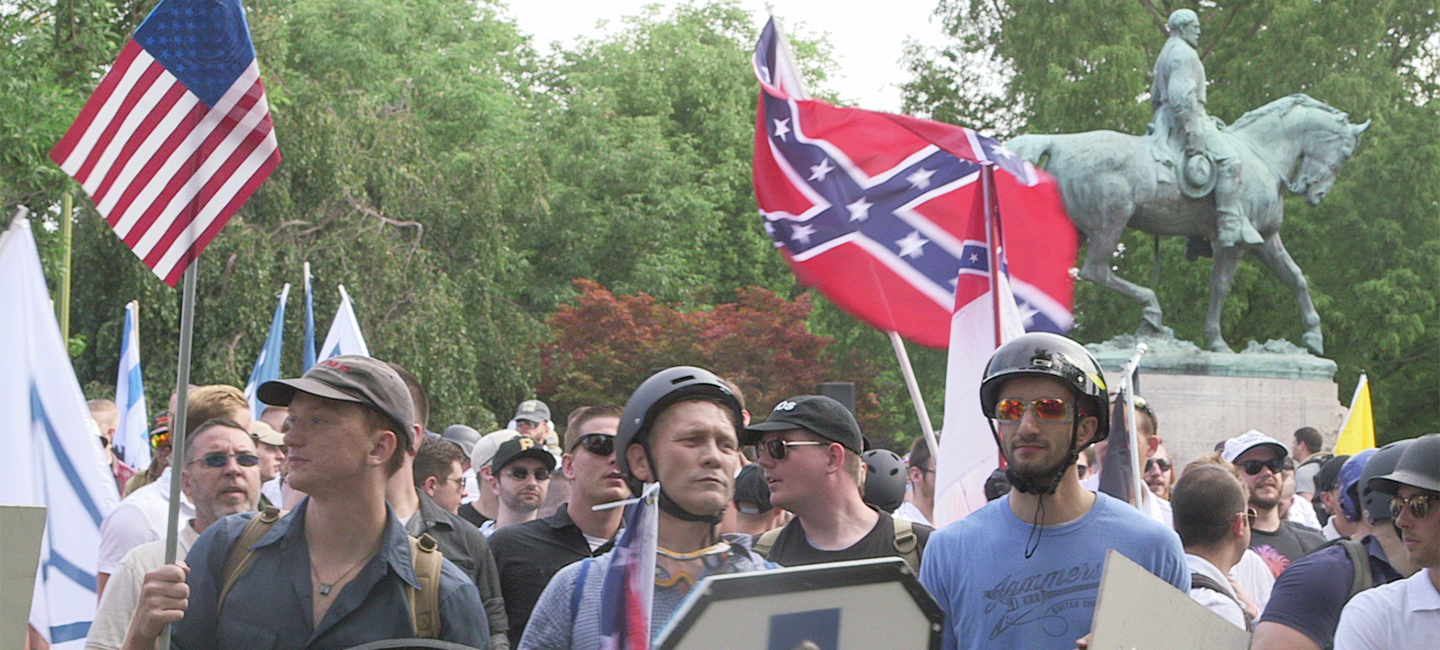Three days after a young woman died and dozens were injured in violence between white supremacist protesters and counter-protesters in Charlottesville, Virginia, a furor has erupted over President Trump’s handling of the situation.
The president faced withering criticism immediately after the August 12 violence for blaming “many sides” and not denouncing the white supremacist groups that marched against the proposed removal of a Confederate statue from a Charlottesville park.
Two days later, Trump did denounce the Ku Klux Klan (K.K.K.) and other white supremacist groups involved with the rally.
“Racism is evil,” Trump said Monday. “And those who cause violence in its name are criminals and thugs, including the K.K.K., neo-Nazis, white supremacists, and other hate groups that are repugnant to everything we hold dear as Americans.”
But he reversed course again Tuesday, during a combative exchange with reporters at Trump Tower in New York and once again spread the blame for the tragedy.

